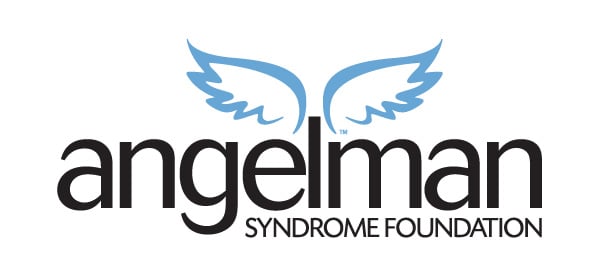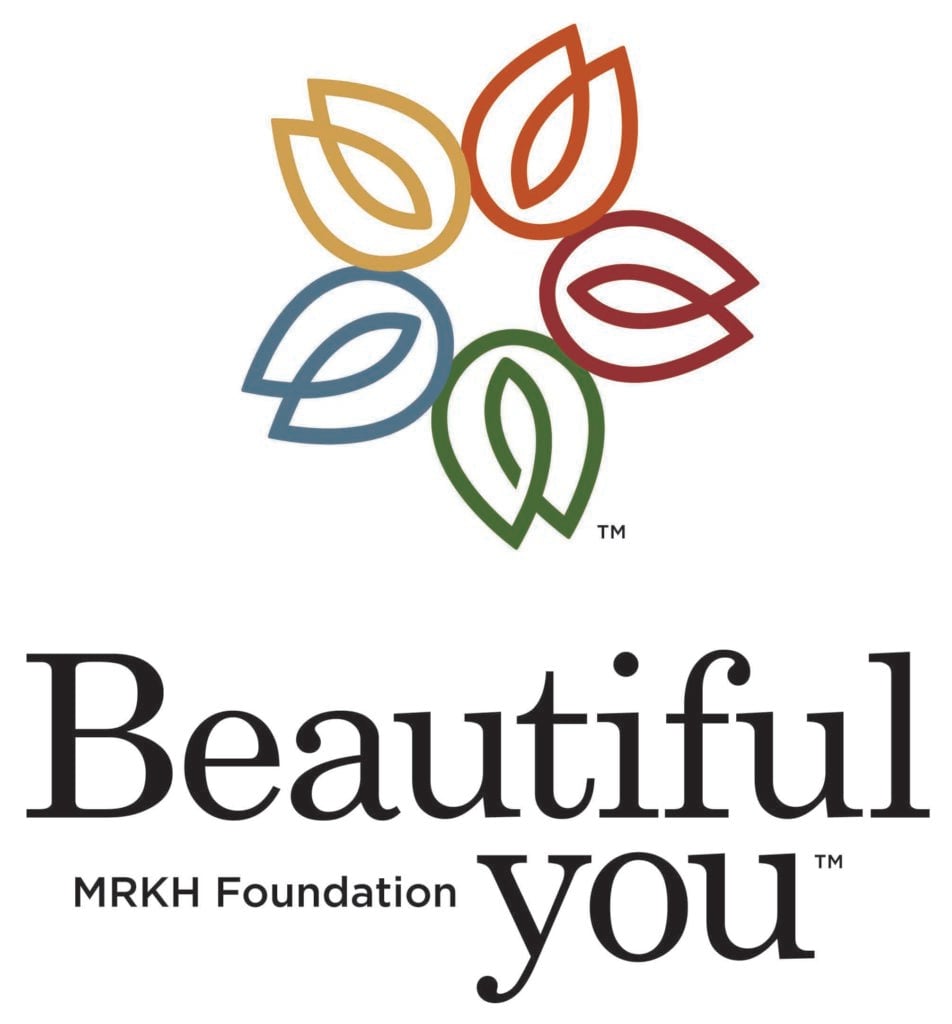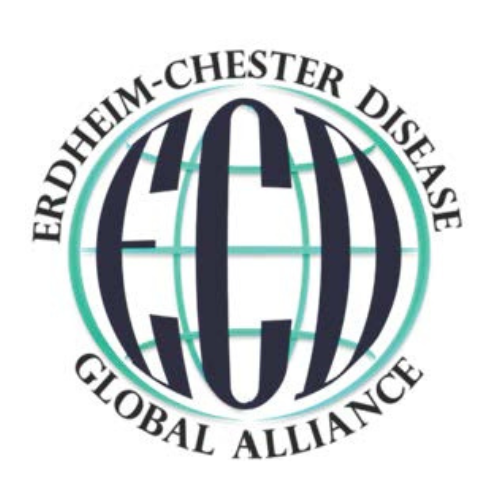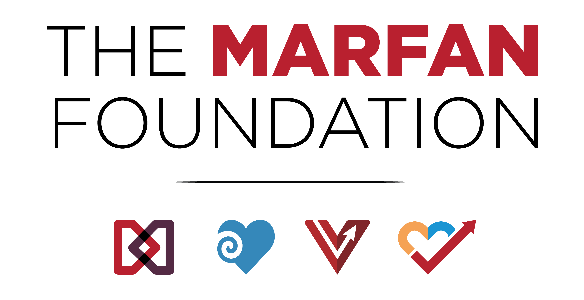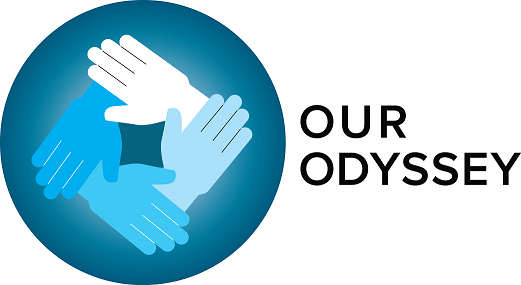Global Genes is pleased to announce the Rare Disease Patient Advocacy Organizations receiving 2023 RARE Mental Health Impact Grants. These grants provide an opportunity for advocacy leaders to improve the health and mental well-being of the community groups they serve.
There was an overwhelming response to the call for mental health grants in its first year, with more than 130 organizations submitting projects in three categories: designing educational tools and materials, creating or expanding support networks, and developing or enhancing programs.
Congratulations to the 12 organizations who received the 2023 RARE Mental Health Patient Impact Grants!
Angelman Syndrome Foundation (ASF) began providing mental health support during the pandemic. This grant will allow the foundation to expand their mental health resources to high-need audiences who traditionally struggle to find effective support systems, including single parents, families living in rural areas, Spanish-speaking families, and those who have lost a loved one with Angelman Syndrome.
While the psychological challenges of living with MRKH are well-documented, adjustment to MRKH is an obstacle for parents and caregivers because few resources exist. According to qualitative data, parents experience self-blame, loneliness, guilt, and difficulty communicating with their children about MRKH. The foundation will develop English and Spanish versions of a mental health toolkit for parents & caregivers, which will be disseminated through webinars, MRKH family conferences and the Global Genes RARE Advocacy Summit.
 The Cute Syndrome Foundation will use this grant to expand its family support network to provide targeted 1-on-1 and group grief recovery support to adults, caregivers, and siblings experiencing anticipatory and bereavement grief. The support groups will offer a safe, evidence-based environment for grievers to take effective and lasting action, no matter the type of loss experienced. Four volunteers will be trained in The Grief Recovery Method, certified by the Grief Recovery Institute, and can then lead individual and/or group support sessions.
The Cute Syndrome Foundation will use this grant to expand its family support network to provide targeted 1-on-1 and group grief recovery support to adults, caregivers, and siblings experiencing anticipatory and bereavement grief. The support groups will offer a safe, evidence-based environment for grievers to take effective and lasting action, no matter the type of loss experienced. Four volunteers will be trained in The Grief Recovery Method, certified by the Grief Recovery Institute, and can then lead individual and/or group support sessions.
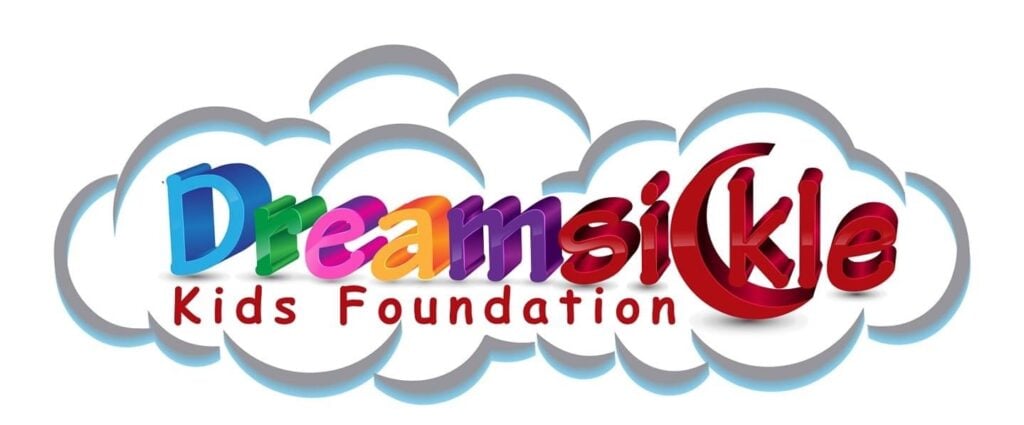 Individuals diagnosed with Sickle Cell Disease (SCD), and their family members, often experience mental health challenges, specifically depression. Depression can lead to a decline in physical health and require longer inpatient hospital visits, thus, increased medical bills, creating a brutal cycle. Dreamsickle Kids Foundation will partner with a local mental health agency to provide support groups and 1-on-1 therapeutic services to SCD patients and their caregivers. The mental health agency will lead support groups and provide uninsured individuals with discounted therapy services through their non-profit organization. By focusing on support groups and 1-on-1 services, they will be able to provide effective support to patients, parents, and caregivers, and gain a greater understanding of the concerns and anxieties SCD patients face.
Individuals diagnosed with Sickle Cell Disease (SCD), and their family members, often experience mental health challenges, specifically depression. Depression can lead to a decline in physical health and require longer inpatient hospital visits, thus, increased medical bills, creating a brutal cycle. Dreamsickle Kids Foundation will partner with a local mental health agency to provide support groups and 1-on-1 therapeutic services to SCD patients and their caregivers. The mental health agency will lead support groups and provide uninsured individuals with discounted therapy services through their non-profit organization. By focusing on support groups and 1-on-1 services, they will be able to provide effective support to patients, parents, and caregivers, and gain a greater understanding of the concerns and anxieties SCD patients face.
The Erdheim-Chester Disease Group Alliance (ECDGA) will enhance virtual chat and webinar programs to provide social support, education, and mental health support to patients, caregivers, and grieving family members affected by ECD. The chat program includes separate, regularly scheduled meetings for patients (monthly), caregivers, and those grieving the loss of a loved one (bi-monthly). Four to six webinars will be offered annually and recorded to be made available to watch later.
Lymphangiomatosis & Gorham’s Disease Alliance
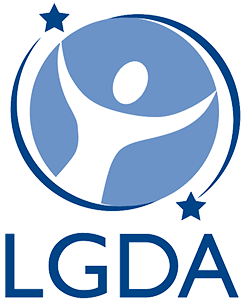 Lymphangiomatosis & Gorham’s Disease Alliance will offer a virtual mental health seminar open to patients over 16 years of age (with parental permission) who have a Complex Lymphatic Anomaly (CLA), their families, and/or caregivers. The seminar will describe common mental health issues when dealing with a rare disease, methods to find and communicate with therapists with experience in rare diseases and the importance of self care. It will also help the audience find a therapist or mental health service experienced with rare diseases. Patients and their families will learn that their thoughts and feelings are valid and normal, and become more comfortable with the concept of self-care. Medical and mental health professionals will be able to identify, understand, and treat the needs of patients living with a CLA and their families.
Lymphangiomatosis & Gorham’s Disease Alliance will offer a virtual mental health seminar open to patients over 16 years of age (with parental permission) who have a Complex Lymphatic Anomaly (CLA), their families, and/or caregivers. The seminar will describe common mental health issues when dealing with a rare disease, methods to find and communicate with therapists with experience in rare diseases and the importance of self care. It will also help the audience find a therapist or mental health service experienced with rare diseases. Patients and their families will learn that their thoughts and feelings are valid and normal, and become more comfortable with the concept of self-care. Medical and mental health professionals will be able to identify, understand, and treat the needs of patients living with a CLA and their families.
The Marfan Foundation will integrate mental health into its annual conference in July 2023, including an entire day of programming around mental health, with 30 workshops and sessions designed to raise awareness, educate, and provide tools and resources for people to take action. Experts in mental health and chronic health conditions will lead workshops and sessions including coping with trauma and surgeries, stress and heart disease, and recognizing signs of mental health issues and getting help. Facilitated support groups will also be held for family and caregivers around topics such as grief, loss, and caring for and loving someone living with Marfan.
New England Hemophilia Alliance
 Individuals with bleeding disorders (BD) are often denied access to residential/inpatient substance use disorder (SUD) and mental health (MH) treatment facilities, despite being appropriate for admission. According to interviews with providers, people with BD are denied access for many reasons, including concerns about use of IV or injection medications, needles, fear about the medical complexity of BD, insurance issues, and access to medication. New England Hemophilia Association (NEHA) will create educational tools and materials that will provide community members with resources they can use to facilitate placement and what to do in the event of a denial. NEHA will also raise awareness about the barriers individuals with BDs face when attempting to access inpatient/ residential MH/SUD treatment facilities, and encourage community members to have conversations about MH/SUD issues with their BD providers.
Individuals with bleeding disorders (BD) are often denied access to residential/inpatient substance use disorder (SUD) and mental health (MH) treatment facilities, despite being appropriate for admission. According to interviews with providers, people with BD are denied access for many reasons, including concerns about use of IV or injection medications, needles, fear about the medical complexity of BD, insurance issues, and access to medication. New England Hemophilia Association (NEHA) will create educational tools and materials that will provide community members with resources they can use to facilitate placement and what to do in the event of a denial. NEHA will also raise awareness about the barriers individuals with BDs face when attempting to access inpatient/ residential MH/SUD treatment facilities, and encourage community members to have conversations about MH/SUD issues with their BD providers.
Our Odyssey serves young adults with rare diseases, ages 18-35, an age group disproportionately impacted by mental health issues such as anxiety, depression and isolation. This grant will fund Epic Art, a virtual weekly program focused on therapeutic art-making to support mental health. Individuals who may struggle to talk about their mental health can access alternative means of communication , expression and connection through the arts. The program will conclude with a virtual art exhibition of selected art pieces created during the program to spread awareness of the mental health concerns that can accompany a rare diagnosis.
Phelan-McDermid Syndrome Foundation
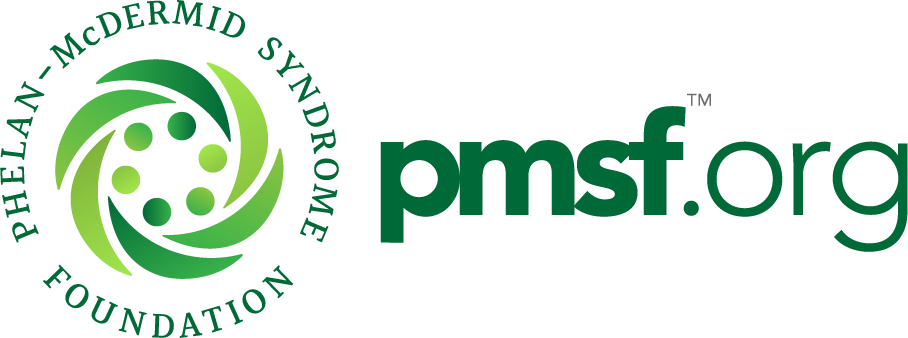 Phelan-McDermid Syndrome Foundation (PMSF) recognizes that there has been an increase in the rate of devastating loss and medical challenges within the last few years. This grant will support a new mental health program to serve adults and caregivers of children with Phelan-McDermid Syndrome. The grant will provide immediate mental health support for three specific caregiver groups, furnish a mental health professional who will facilitate a support group for these targeted caregiver groups, and help to develop a strategy for a long-term mental health program that will become a part of our regular operations. The specific caregiver groups are: caregivers who have lost a child with PMS, caregivers whose child has or is experiencing neuropsychiatric episodes, and caregivers whose child is currently experiencing an extreme medical condition.
Phelan-McDermid Syndrome Foundation (PMSF) recognizes that there has been an increase in the rate of devastating loss and medical challenges within the last few years. This grant will support a new mental health program to serve adults and caregivers of children with Phelan-McDermid Syndrome. The grant will provide immediate mental health support for three specific caregiver groups, furnish a mental health professional who will facilitate a support group for these targeted caregiver groups, and help to develop a strategy for a long-term mental health program that will become a part of our regular operations. The specific caregiver groups are: caregivers who have lost a child with PMS, caregivers whose child has or is experiencing neuropsychiatric episodes, and caregivers whose child is currently experiencing an extreme medical condition.
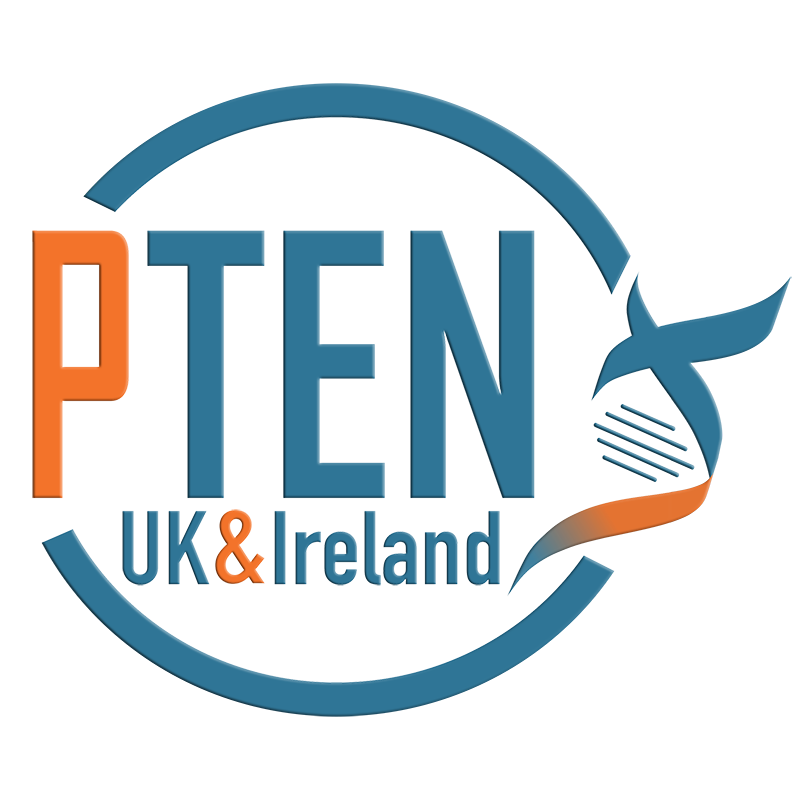 PTEN UK and Ireland Patient Group
PTEN UK and Ireland Patient Group
Individuals diagnosed with Phosphatase and tensin homolog (PTEN) and their caregiver are faced with many day-to-day challenges, from diagnosis, to cancer screenings, to the challenges of raising a child with autism or learning difficulties. This grant would fund administration of virtual support groups, training of facilitators, therapists present at the annual patient day event, and surveying participants to assess the progress of the support groups. This program would give patients and caregivers an opportunity to speak to a trained professional, or each other, about the day-to-day challenges of living with this condition, or caring for someone diagnosed with PTEN.
 The unpredictable and progressive nature of Usher Syndrome impacts an individual’s identity across their lifespan, from being a hearing-sighted person to a person who is deaf-blind. Experts have highlighted the lack of therapists available to the deaf-blind community, which was only exacerbated by the pandemic, forcing an already isolated population, those experiencing hearing and/or vision loss, into further isolation. Facebook groups evolved as a way for adults diagnosed with Usher syndrome to provide peer support, but facilitators living with this condition are already dealing with their own cycles of loss and grief, and have not been trained in counseling, mental health, and life coaching. This grant will offer a 10-week training series for peer group facilitators diagnosed with Usher syndrome, developed by a licensed psychotherapist living with Usher syndrome.
The unpredictable and progressive nature of Usher Syndrome impacts an individual’s identity across their lifespan, from being a hearing-sighted person to a person who is deaf-blind. Experts have highlighted the lack of therapists available to the deaf-blind community, which was only exacerbated by the pandemic, forcing an already isolated population, those experiencing hearing and/or vision loss, into further isolation. Facebook groups evolved as a way for adults diagnosed with Usher syndrome to provide peer support, but facilitators living with this condition are already dealing with their own cycles of loss and grief, and have not been trained in counseling, mental health, and life coaching. This grant will offer a 10-week training series for peer group facilitators diagnosed with Usher syndrome, developed by a licensed psychotherapist living with Usher syndrome.
Thank you to all of the Global Advocacy Alliance members who applied for a RARE Mental Health Impact Grant this year. For more information about supporting the RARE Impact Grants, contact Kathy O’Connor at [email protected] or the Global Advocacy Alliance team at [email protected].
A special thank you to the sponsors of the 2023 RARE Mental Health Impact Grant: Alexion, Genentech, Horizon, and Travere Therapeutics.

Stay Connected
Sign up for updates straight to your inbox.

